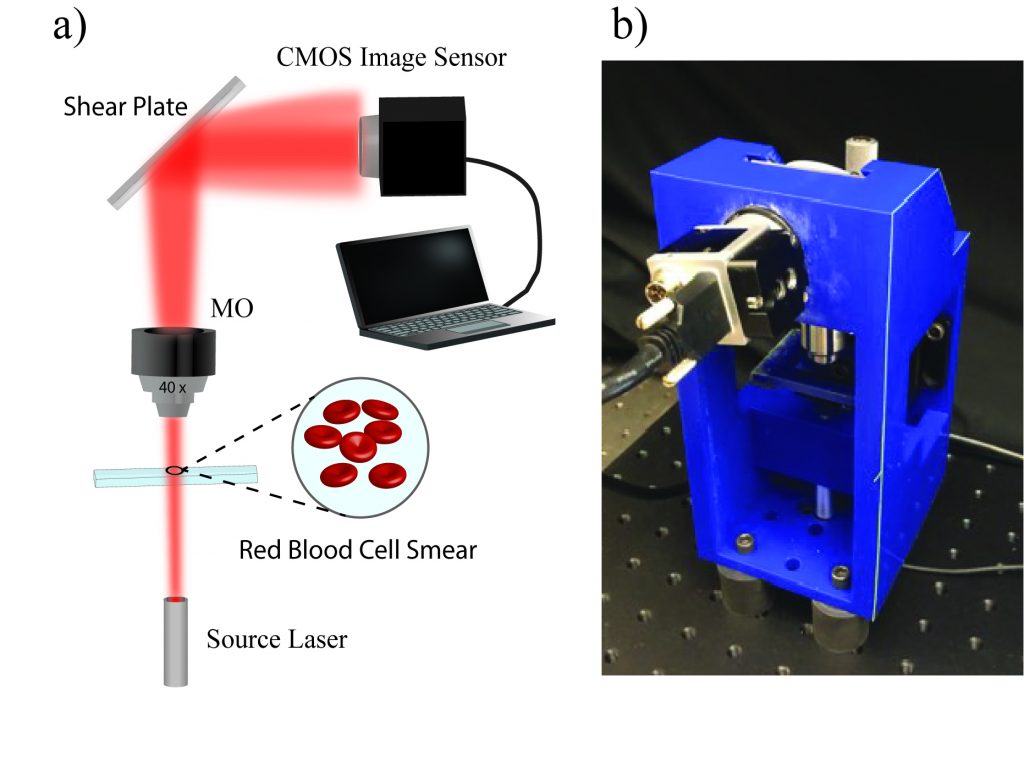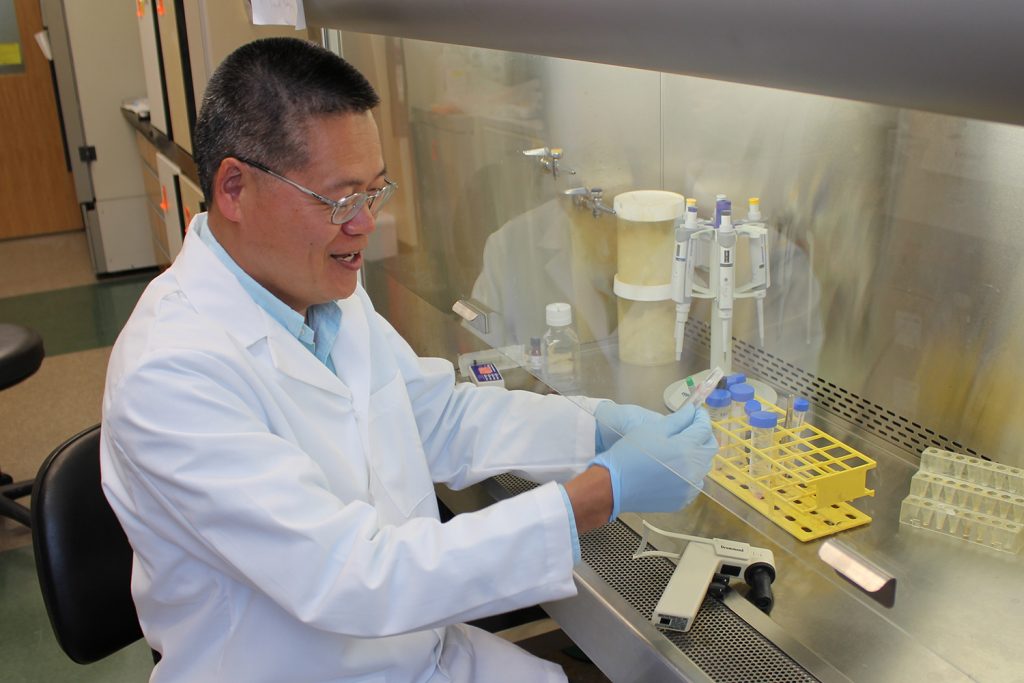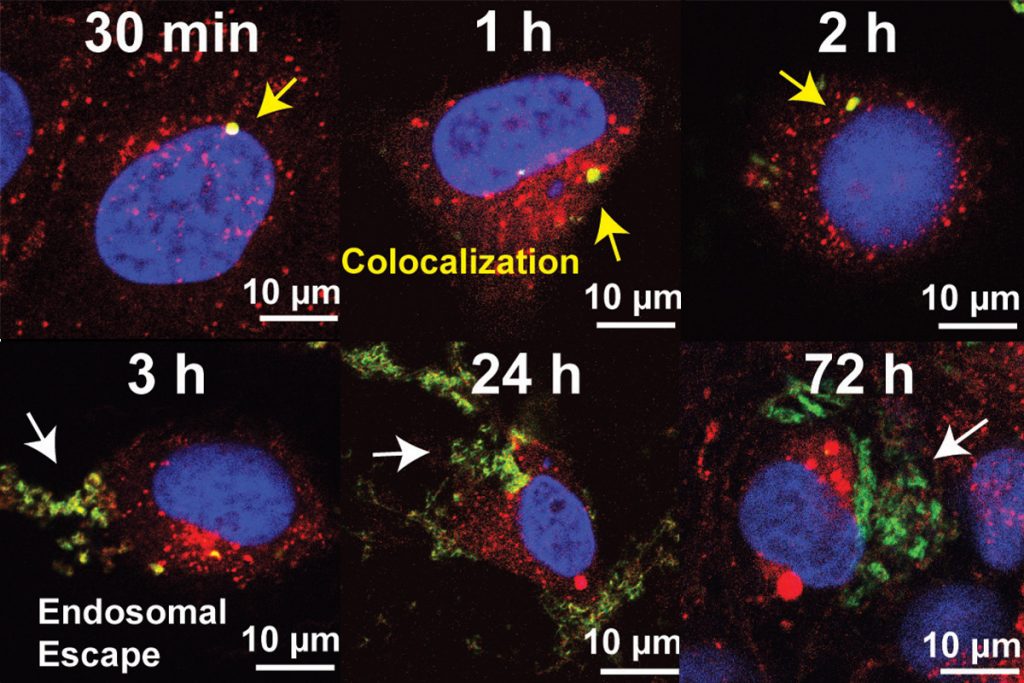Research & Discovery
UConn-Cuba Program Advances Health Promotion Research
The international research team looked at social determinants in the onset of cancer, obesity, HIV, and addiction
June 1, 2021 | Anna Zarra Aldrich, College of Agriculture, Health and Natural Resources
UConn Researchers Develop Cheap, Accurate Device to Diagnose COVID-19
How red blood cells and laser light offer the opportunity to make a rapid diagnosis
May 26, 2021 | Kim Krieger
Building a Better Plant: UConn Researcher Develops Improved Technology for Grafting
UConn researcher Yi Li has invented a novel grafting technique that improves several factors important for healthy plant growth
Novel Immune Checkpoints Have Applications for Cancer, Autoimmune Disease Treatment
UConn researcher Laijun Lai has developed recombinant proteins and antibodies to combat autoimmune diseases and immunosuppression in cancer patients
Meet the Researcher: Natalie Munro, College of Liberal Arts and Sciences
Natalie Munro uses what our human ancestors discarded to learn about how we started to domesticate animals.
UConn Physicists Focus on a Law-Breaking Particle
Experiments with particles known as muons suggest forms of matter and energy that are not yet known to science
May 20, 2021 | Elaina Hancock
UConn Study: Connecticut’s Medication-assisted Opioid Treatment Programs Retain Patients at Higher Rates
New strategies are needed to help boost retention rates among younger people
May 18, 2021 | Jaclyn Severance
The Study of Big Data: How CLAS Researchers Use Data Science
UConn researchers are using big data to attack issues of climate, space, genetics and public health
May 17, 2021 | Christine Buckley
Escape From the Endosome!
An innovative approach that prove valuable for developing new medicines
May 17, 2021 | Kim Krieger
Pharmacy Graduate Students Sweep 2021 AAPS-NERDG Awards
UConn School of Pharmacy graduate students took the top three places for their oral presentations at Academic Research Award in the AAPS Northeastern Regional Discussion Group (NERDG) Annual Meeting April 16, 2021: First prize – Karishma Dhuri, Dr. Raman Bahal Lab Dhuri’s research focuses on developing novel therapeutics for lymphoma therapy, combining nucleic acid chemistry and […]
May 14, 2021 | Karin Whiting Burgess








